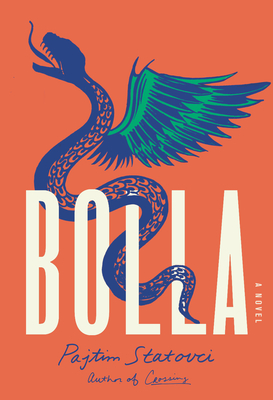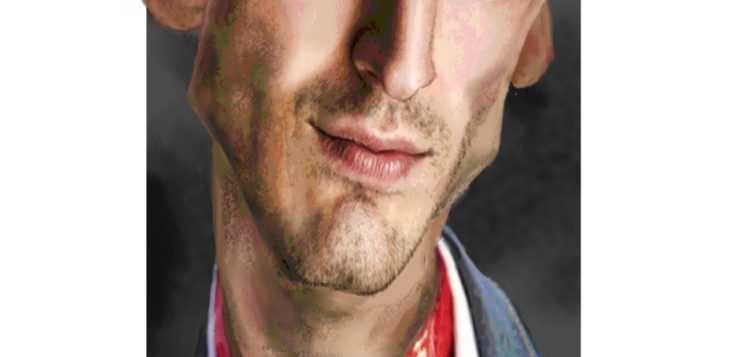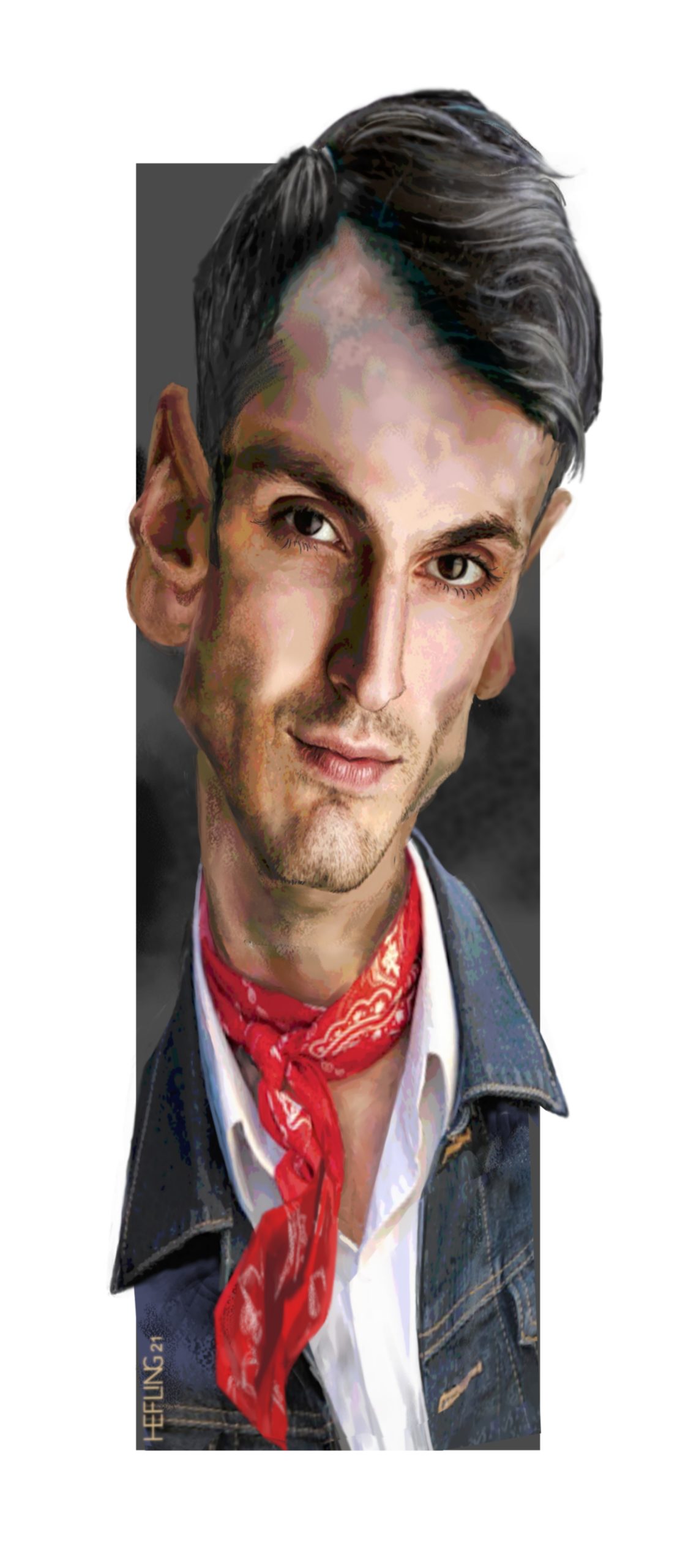 BOLLA
BOLLA
by Pajtim Statovci
Translated by David Hackston
Pantheon. 240 pages, $26.
REVIEWING his novel Crossing in The New Yorker, Garth Greenwell situated Pajtim Statovci within a queer tradition “in which identity is seen as fluid, performative, and even, sometimes, playful.” Both Crossing and his debut novel, My Cat Yugoslavia, are indeed filled with a certain playfulness. In My Cat Yugoslavia, Statovci made use of (sometimes highly allegorical) magical realism, notably via an alternately seductive and violent anthropomorphic cat. In his latest novel, Bolla, identity is something much darker psychologically. While in the earlier novels the prolonged Balkan conflicts of the 1990s and early 2000s existed more as a backdrop, in Bolla war is brought to the forefront of the drama.
Bolla picks up other thematic strands from Statovci’s earlier works. In it, as in Crossing, he explores the aftereffects of a brief but intense relationship. Bolla, too, is characterized throughout by an atmosphere of oppressiveness, with sharp, unrelenting depictions of both sociopolitical and psychological horrors and the devastation that sits at the intersection of these traumas. In all three novels, the Balkan conflicts create an anxious setting for characters who are exploring subversive or transgressive ways of being in a society bound by patriarchal, normative family traditions.
Arsim and Miloš first meet in an unforgettable encounter in 1995 and forge a sudden and intense connection. Arsim, recently married to a woman at his father’s behest, is an aspiring writer working to complete a university degree in Kosovo. His infatuation with Miloš soon becomes an obsession, and as their affair develops alongside the mounting threat of war—“[every]news story drags behind it a train stained with blood”—his wife becomes pregnant with their first child. As conflict erupts in the Balkan countries, Miloš goes to fight, while Arsim flees Kosovo with his family and settles into a more comfortable life in an unnamed modern European city. However, after several years, Arsim is deported—alone—back to a now devastated Kosovo, where, haunted by the memory of his affair with Miloš, he tries to come to terms with the many different lives he’s lived and the husk of a self he feels is left.
Throughout Bolla, Statovci resists simplistic analogies between war and love by describing both with vividness and complexity. He writes of the “real war [that]starts with the cessation of hostilities … when you can see the earliest consequences of war, the havoc into which war has driven a country.” Likewise, the real consequences of Arsim and Miloš’ affair happen long after it ends.
Statovci artfully captures the sociopolitical tensions between the Balkan countries by writing about relationships that, while often ill-fated, transcend class and nationality. Through these relationships, he explores the ways in which nationality and social inequality influence how characters view themselves. While Arsim cultivates a feeling of living against the world, Miloš attempts to see himself as he wants the world to see him.
Through language that always feels on the edge of mystical (thanks to David Hackston’s artful and convincing translation), Statovci communicates the perfectly modulated intimacies of an encounter: “[He] allows his eyes to run the length of my body, uninhibited … he looks at my lips and forehead, just as I look at him, all of him, so that every moment we spend not touching each other feels stolen.” The divine hangs over the novel in other guises, too. The characters grapple with the implications of invoking “god” in both faith and faithlessness; they question his role in both the desire and devastation that permeate their lives.
At its simplest, Bolla is the artfully plotted story of a brief but passionate affair, a separation, and the attempt to find one another once again. On another level, it is a deep exploration of how the trauma of war sinks its hooks into all aspects of life. Like most good novels, it exists at the intersection of a myriad of human complexities. Bolla is a slow burn: Statovci braids threads across time, space, character, and feeling, patiently spinning a web of rich, often intimate, connections. The effect is a novel that can take some time to settle into but that rewards those readers who let themselves be carried forth.
Giancarlo Latta is a violinist, writer, and composer based in New York.







